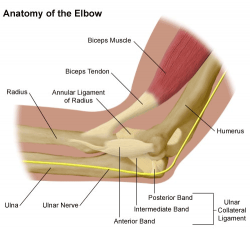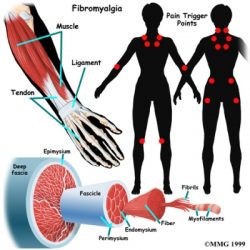
A new diet study conducted by the New England Journal of Medicine has had some interesting results. I am always a little shocked by the poor results of these studies but lets dig into it.
The study was done in Israel with a group of 332 moderately obese people, that is people that knew that they had to lose some . The group dieted for two years and most of them, 84% were still on the diet at the end.
There were three diets, a low fat diet, (standard diet) a Mediterranean Diet (like the book), and a low carb diet (Atkins). The people stayed on the diet that was chosen for them for the entire two years.
The shocking part? That the did not lose very much at all over the two years.
The mean loss was 6.38 pounds for the low-fat group, 9.68 pounds for the Mediterranean-diet group, and 10.34 pounds for the low-carbohydrate group. The Atkins crowd may have soemthing to cheer for finally but the results are not very impressive are they?
Here are the diet breakdowns
Low-Fat Diet
The low-fat, restricted-calorie diet was based on American Heart Association guidelines. We aimed at an energy intake of 1500 kcal per day for women and 1800 kcal per day for men, with 30% of calories from fat, 10% of calories from saturated fat, and an intake of 300 mg of cholesterol per day. The participants were counseled to consume low-fat grains, vegetables, fruits, and legumes and to limit their consumption of additional fats, sweets, and high-fat snacks.
Mediterranean Diet
The moderate-fat, restricted-calorie, Mediterranean diet was rich in vegetables and low in red meat, with poultry and fish replacing beef and lamb. We restricted energy intake to 1500 kcal per day for women and 1800 kcal per day for men, with a goal of no more than 35% of calories from fat; the main sources of added fat were 30 to 45 g of olive oil and a handful of nuts (five to seven nuts, <20 g) per day. The diet is based on the recommendations of Willett and Skerrett.
Low-Carbohydrate Diet
The low-carbohydrate, nonrestricted-calorie diet aimed to provide 20 g of carbohydrates per day for the 2-month induction phase and immediately after religious holidays, with a gradual increase to a maximum of 120 g per day to maintain the weight loss. The intakes of total calories, protein, and fat were not limited. However, the participants were counseled to choose vegetarian sources of fat and protein and to avoid trans fat. The diet was based on the Atkins diet
Conclusions to me
Well in looking at the results, and it was a very interesting read, I see that the bulk of the was lost during the first 7 or 8 months and then the people had their slowly creep up. This is a normal part of a diet where you are excited at the beginning and then lose interest. There is no mention of exercise and I hate to say it but most people that are over are not getting enough exercise and this will usually make the biggest difference to a persons overall loss and gives them better health anyway.
The last thing I would like to point out is that as interesting as this study is in comparing different diets it really is quite normal for the amount of lost. I have yet to see a study that showed a 20 pound average loss in a year and no study is ever close.
That being said, it is very posible to lose 40 or 50 or even more pounds in one year but people have to be committed to a clean diet and get lots of exercise. Don’t read too much into this study except to see that the classic low fat diet does not seem to be as effective as we all suspect it should be.









The “low-fat diet” in this study was not really low fat. The low-fat group, compared with baseline diet, reduced their percentage of calories from fat all the way from 31 to 30%. To the extent they reduced caloric intake from baseline, they did reduce their fat intake, along with protein and carbs.
I agree with many critics of the study that a fairer trial would have reduced fat intake to 10-20% of total calories.
If interested in my full analysis of the study, you can find it at my healthy lifestyle blog:
http://advancedmediterraneandiet.com/blog/?p=56
-Steve